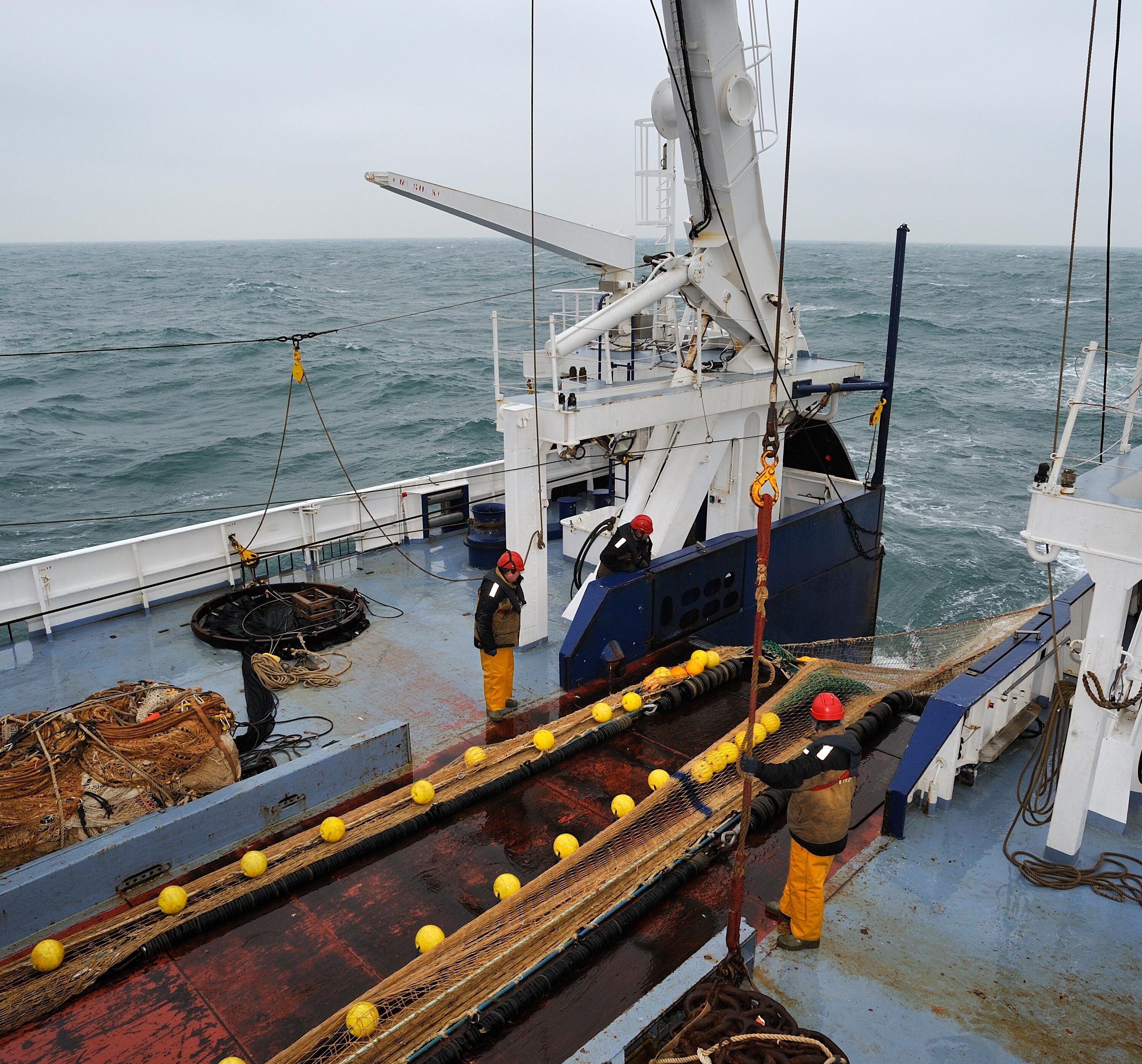Sweden’s Proposal to Ban Bottom Trawling: A Milestone in Marine Conservation

Raising the bottom trawl on the Thalassa © Creative Commons / Olivier Dugornay
30.01.2025
Sweden’s government has announced a landmark proposal to amend legislation and ban bottom trawling in marine protected areas (MPAs). This decision, celebrated by NGOs, including ERF’s partner ClientEarth, marks a critical step in marine conservation efforts and sets a strong example for other EU nations.
Bottom trawling, a highly destructive fishing method that scrapes the seabed with heavy nets, devastates marine ecosystems and releases significant amounts of carbon stored in the ocean floor. By banning this practice in MPAs, Sweden aims to protect vital biodiversity hotspots, while also benefitting fishers, coastal communities, and the global climate.
Currently bottom trawling still takes place in about 90% of Europe’s MPAs. In April 2024, Greece became the first EU member state to announce a phased ban on bottom trawling in MPAs, with initial restrictions in key marine parks by 2026 and full implementation by 2030. However, environmental NGOs are calling on the European Commission to enforce stricter compliance across all member states to ensure that “protected means protected.” In recent months ClientEarth has been involved in launching several lawsuits against national governments including Germany, the Netherlands, France, Spain as well as Sweden for failing to protect designated marine protected areas.
While Sweden’s proposal is a milestone, NGOs stress the importance of additional measures. In a statement, ClientEarth noted that: “To truly safeguard all protected areas, the government must take additional steps. This includes giving the Swedish Agency for Marine and Water Management a clear mandate to work with the European Commission to establish a total bottom trawling ban in all protected areas within its exclusive economic zone. It is also essential for the government to avoid granting extensive exemptions that would undermine the ban’s effectiveness.”
Sweden’s initiative comes amidst a growing momentum ahead of the UN Ocean Conference in June, where the EU will be expected to show action in international ocean leadership. Public and international pressure has been steadily growing for marine conservation, and Sweden’s example serves as both a catalyst and a challenge for other EU nations to step up and take meaningful action. By setting this precedent, Sweden reinforces the urgent need for collective, enforceable policies that preserve our oceans for future generations.